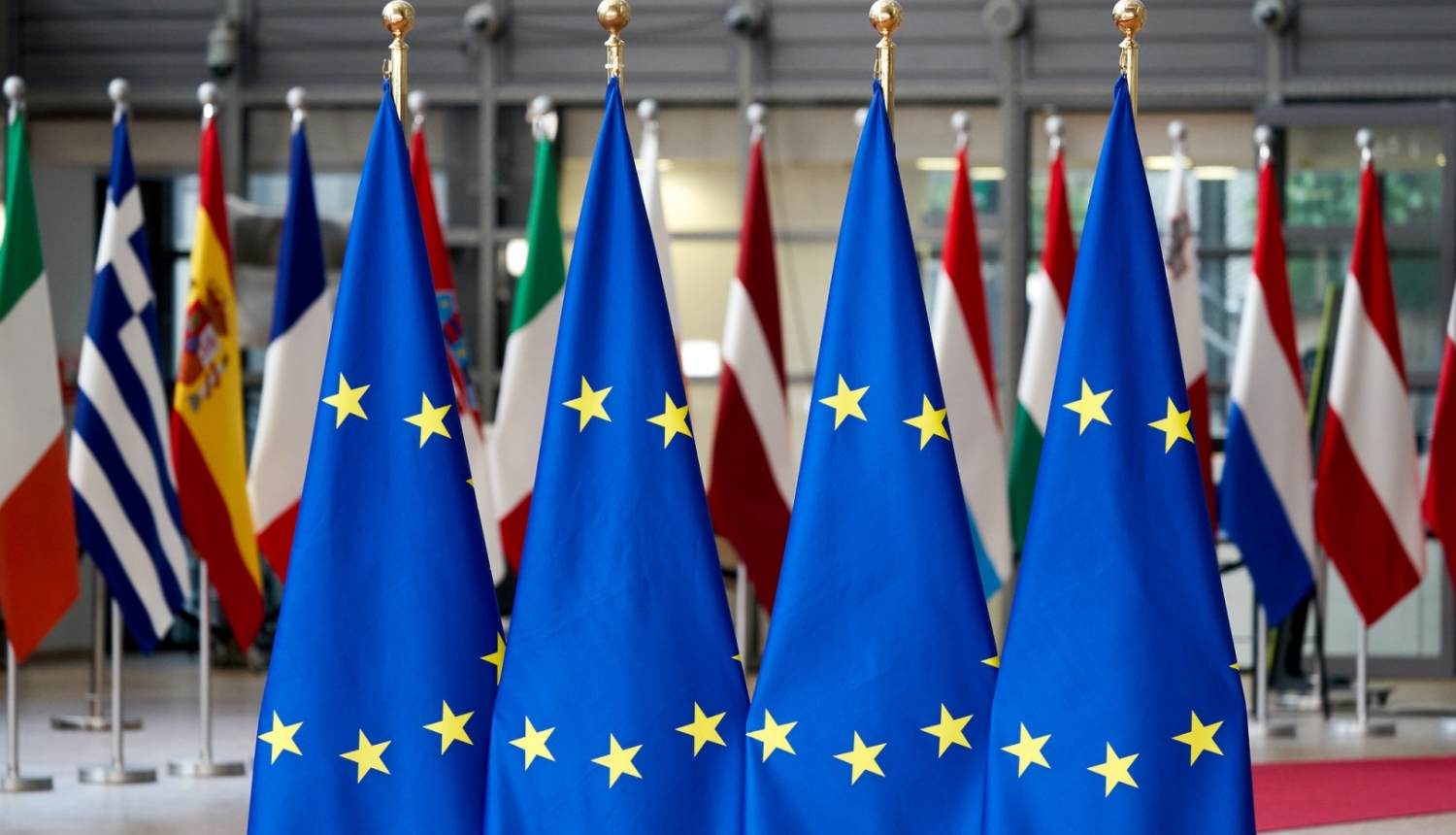The Ministry of Education and Science has published the informal Latvian Position Paper on the Future EU Framework Programme for Research and Innovation (FP10). The position paper acknowledges that addressing global challenges, ensuring European open strategic autonomy and adapting to a changed geopolitical situation now more than ever requires a strong commitment to research and innovation (R&I), adding that an equitable and well-integrated R&I sector is essential for Europe’s competitiveness and ensuring a high standard of living for Europe’s citizens.
The paper outlines six main messages for the ongoing discussion leading up to the publication of the proposal for the Regulation on FP10, which is set to be published by the European Commission by July 1st, 2025. The formal national position document will be prepared upon the publication of the FP 10 Regulation proposal.
Key Messages
- Evolution, not revolution. To prevent fragmentation of objectives, Latvia supports the continuation of the 3-pillar structure from Horizon Europe to FP10. Special attention must be paid to Pillar II, which has proven successful in mobilizing multinational consortia to address global challenges. It is increasingly becoming difficult for the R&I community to navigate the vast landscape of small instruments. Less attention results in lower competition and less efficient funding allocation. Therefore, Latvia supports the consolidation of small instruments and partnerships.
- FP10 must address the R&I gap among EU Member States by doubling the Widening Participation budget share of the total FP budget. The Widening instrument has successfully created pockets of excellence across EU-13 countries, despite having a small budget of 3% of the total Horizon Europe budget. Latvia supports maintaining a dedicated Widening program, which should be placed in Pillar I and focus on applying the excellence principle for projects in the Widening countries.
- Latvia supports a balance between bottom-up and top-down calls, as well as projects across TRL levels. Adequate safeguards must be put in place to ensure that low-TRL projects are adequately funded during the implementation of FP10, and that the funding is not channelled to high-TRL political initiatives, which go against efforts to simplify the FP. A balance should also be maintained between partnerships and open calls. Thematic overlap for partnerships must be avoided and strategic focus must be maintained to achieve the envisaged impact.
- Talent must be utilized, and innovation potential must be strengthened across the whole of the EU by ensuring that instruments remain fit for purpose. In this regard, Latvia supports the discontinuation of the European Institute of Innovation and Technology (EIT) in its current form. Innovation-related activities should be integrated into the EIC. Education initiatives, such as the HEI and EIT Label could continue under Erasmus+. The EIT head office in Budapest could be repurposed to implement the functions of the EIC. Existing KICs should be phased out gradually, in accordance with adopted schedules for financial sustainability and progress made in attracting external financing, ensuring that expertise isn’t lost.
- Ownership of and responsibility for missions should be outside FP10. Missions under Horizon Europe have specific sectoral policy objectives, which require efforts beyond research and innovation. However, most of the funding still comes from Horizon Europe, having failed to mobilize significant funding from other EU programs. This funding setup corresponds to a governance structure which does not give ownership and responsibility of the missions to other DGs and ministries in the Member States. If Missions are continued in FP10, Latvia suggests introducing a 25% cap of FP10 funding to the total funding of each Mission, which would adequately reflect the research and innovation component required to achieve the respective policy goals of each Mission.
- FP10 must remain attractive for third-country associations and the integration of Ukraine and Moldova must be expedited. FP10 should maintain the principle “as open as possible, as closed as necessary” and continue utilising the current setup for third-country associations. FP10 should be made as attractive as possible for third countries. Latvia believes that FP10 should contribute to the future EU enlargement process by expediting the integration of researchers from Ukraine and Moldova into the EU R&I community.



